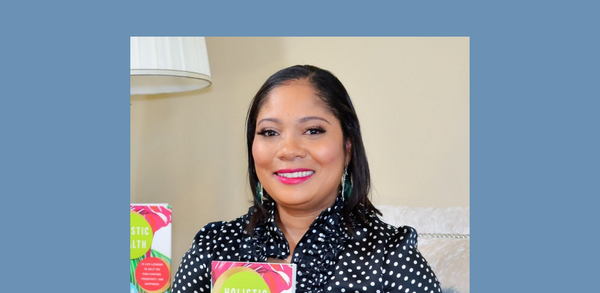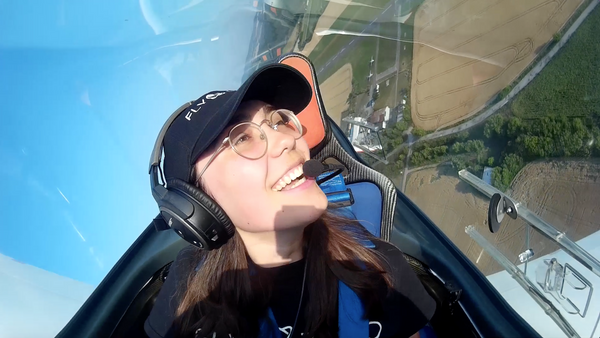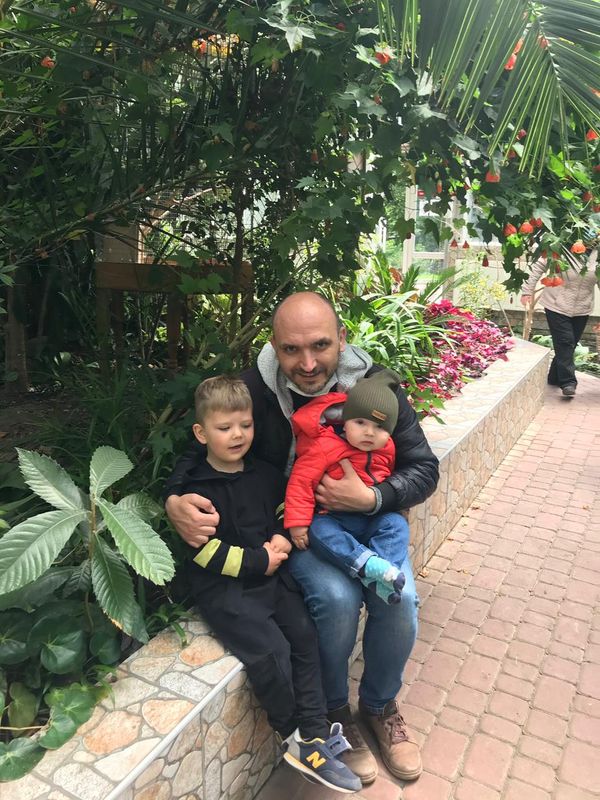Meaningful Musings: Are You OK?
The Duchess of Sussex is right -- we need to start by asking others, "Are you OK?" Then, let's take it even further.
In 2019 when Duke and Duchess of Sussex, Harry and Meghan, were touring South Africa a journalist asked her – in the throes of her post-partum days – "Are you OK?"
For anyone who has seen the footage and to all of us who have undergone, well, any poignant life experience, the moment journalist, Tom Bradby asked the seemingly benign question, the pause between the question and response seemed eternal, and the question became a loaded one.
Many of us can empathize with that teetering, aching moment when our already all-consuming suffering boils over as we make every effort to contain it...until the instant when someone else points directly at the pain's bullseye. They confront it for us, pull off the lid, and give us permission to feel safe, vulnerable, relieved, and seen.
Just reading those three words stir emotions. Hearing them – even seeing someone else asked – can feel overwhelming; the throat tightens, eyes fill, and we grapple with whether or not to share our own feelings.
During Meghan's recent op-ed for the New York Times where she disclosed the visceral experience of her miscarriage, she explains the simple solace she finds again during an intimate moment in the hospital room with her husband, asking him, "Are you OK?"
The world has endured an unusually difficult year as it is, while people are still clashing with parallel agonies that continue to run cycles in the background – from chronic illnesses, loss, and divorce, to financial hardship, hunger, job loss, and lack of basic resources.
But we also have what I refer to as an emotional confrontation scarcity, which, if we unleash it, can alleviate so many of our existing maladies. I wonder, why do we bottle our internal struggles and protect them with a steel armor? Why do we refrain from asking one another more freely about the state of our pain? Are we afraid of the response? Are we concerned that our own fears may bubble to the surface with theirs, or that the bubbles will collide? Do we subconsciously feel weak in the face of surrendering to the yin, when we're oftentimes conditioned to only highlight the yang?
'Are you OK?' is a great start, and they're words that don't just open the heart of both people in conversation, but forge a bridge between them in the process. We can take this foundation and build upon it by empathizing through open-ended questions like, 'How have you been coping lately?', or simply stating, "I sense that you're going through a lot, and you're not alone. I'm here for you."
It's typical to look outward, keep our chin up, forge ahead, and do what we need to do. It's survival at its most basic level. But we want to thrive while surviving, and to do that we have to look inward and toward one another, because as human beings, we're all mirrors of one another, separated by only slight variations in semantics.
Warmly,




